Optimal Timing for Waterproofing Application
Waterproofing is a critical component in protecting structures from water intrusion and damage. Proper timing ensures maximum effectiveness and longevity of waterproofing systems. The optimal time for applying waterproofings depends on weather conditions, temperature, and the specific type of waterproofing material used.
Spring offers moderate temperatures and less rainfall, making it ideal for waterproofing projects. It allows for thorough curing before summer heat or winter cold.
Summer provides warm conditions, but excessive heat and humidity can affect curing times. Proper planning is essential for successful waterproofing.
Fall is suitable due to cooler temperatures and lower precipitation. It provides ample time for waterproofing to settle before winter.
Winter is generally not recommended due to freezing temperatures that hinder proper application and curing of waterproofing materials.
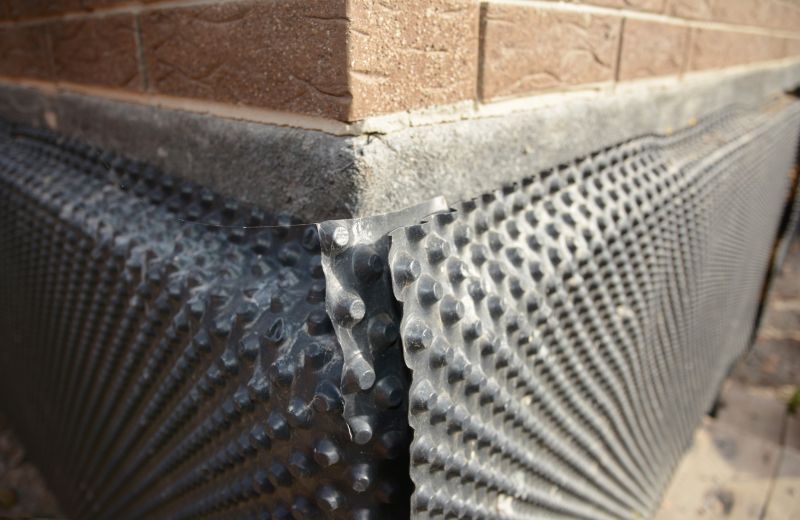
Ways to make Waterproofings work in tight or awkward layouts.
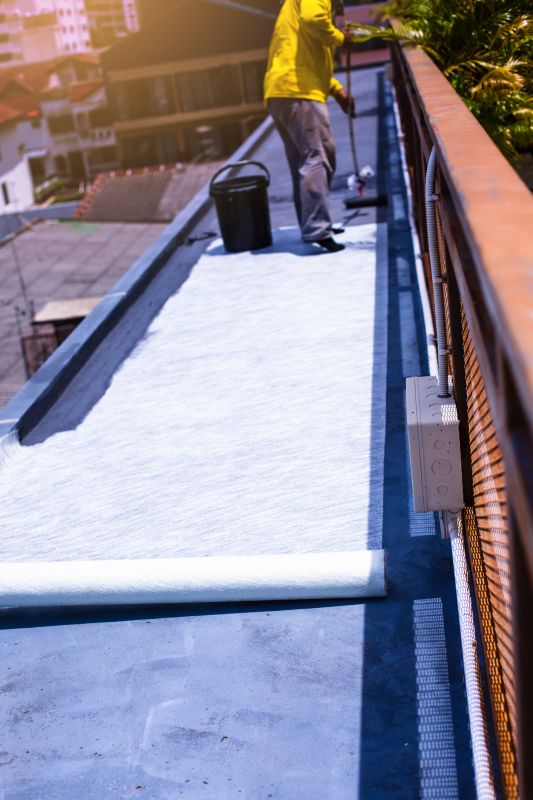
Popular materials for Waterproofings and why they hold up over time.
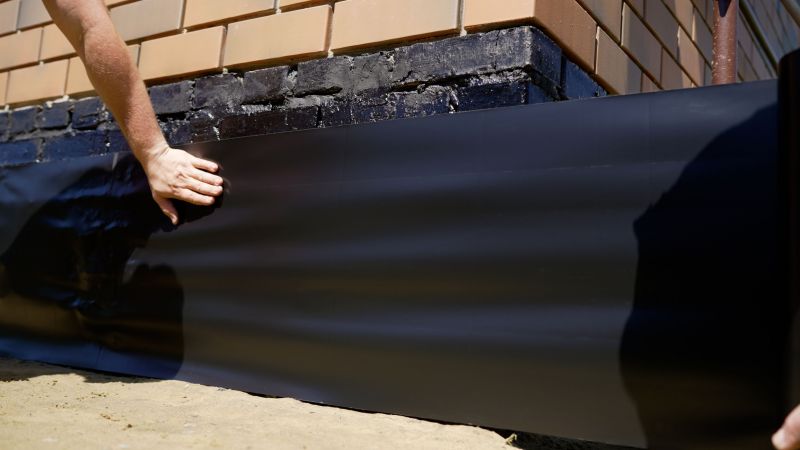
Simple add-ons that improve Waterproofings without blowing the budget.
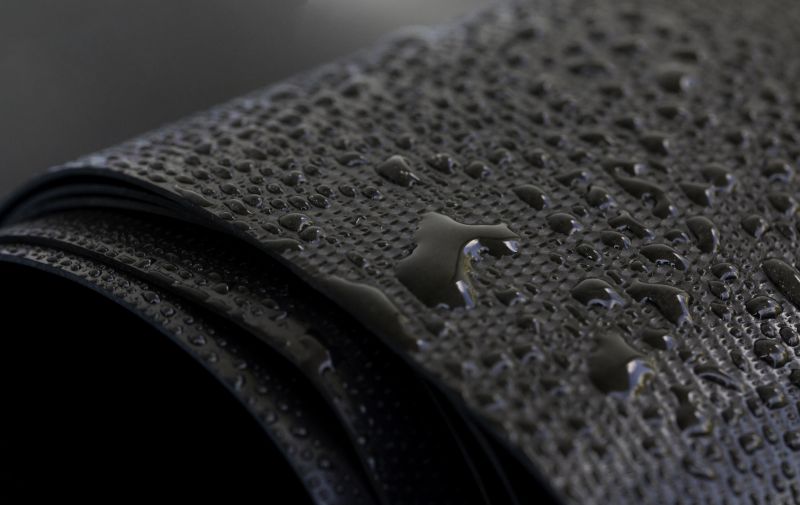
High-end options that actually feel worth it for Waterproofings.
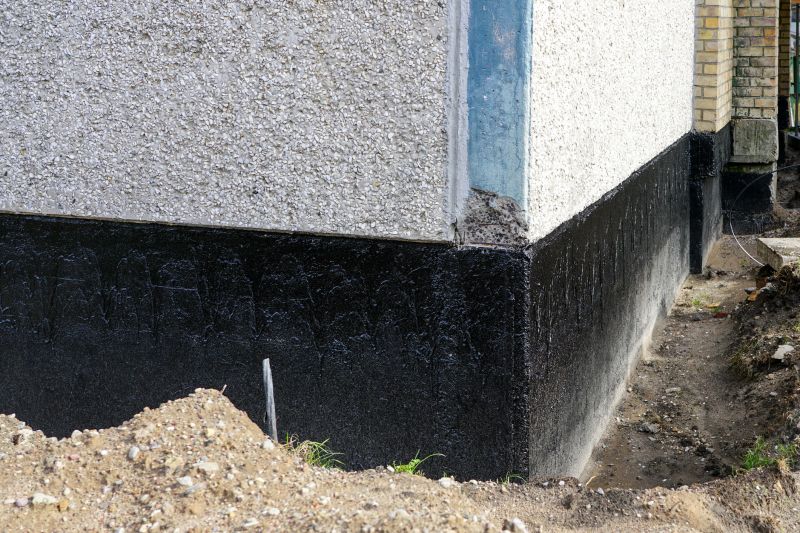
Finishes and colors that play nicely with Waterproofings.
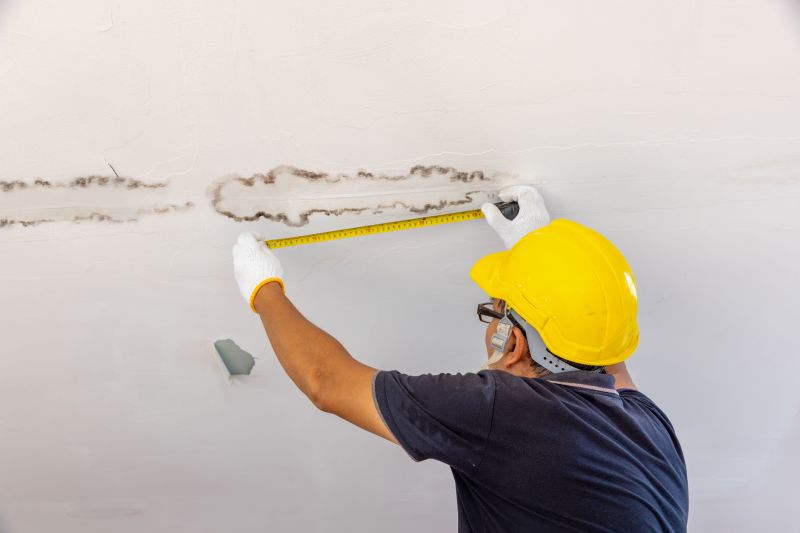
Little measurements that prevent headaches on Waterproofings day.
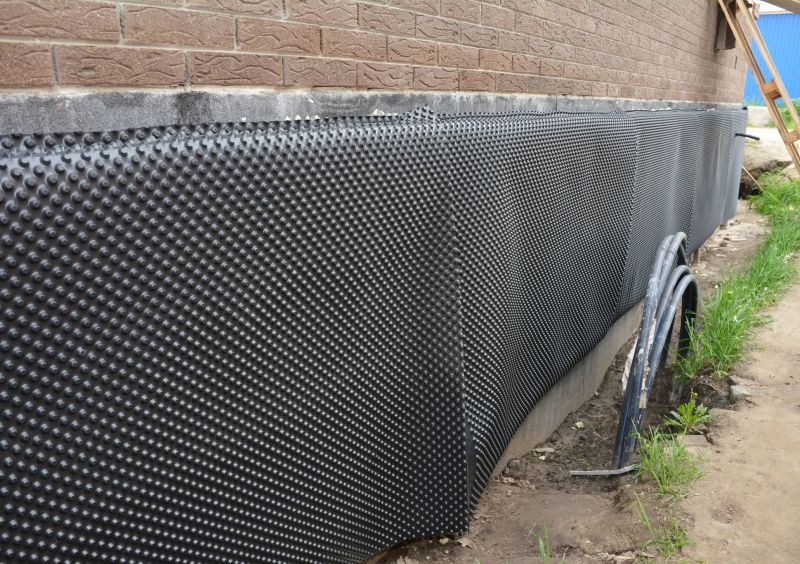
A 60-second routine that keeps Waterproofings looking new.
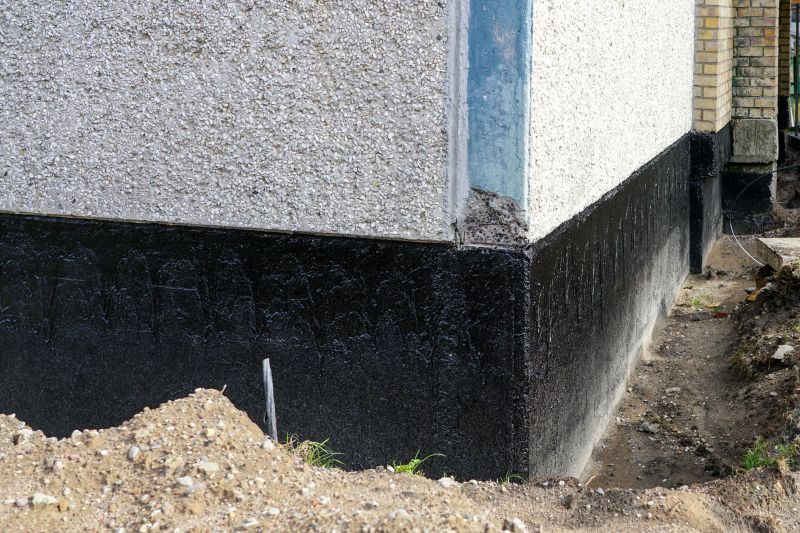
A frequent mistake in Waterproofings and how to dodge it.
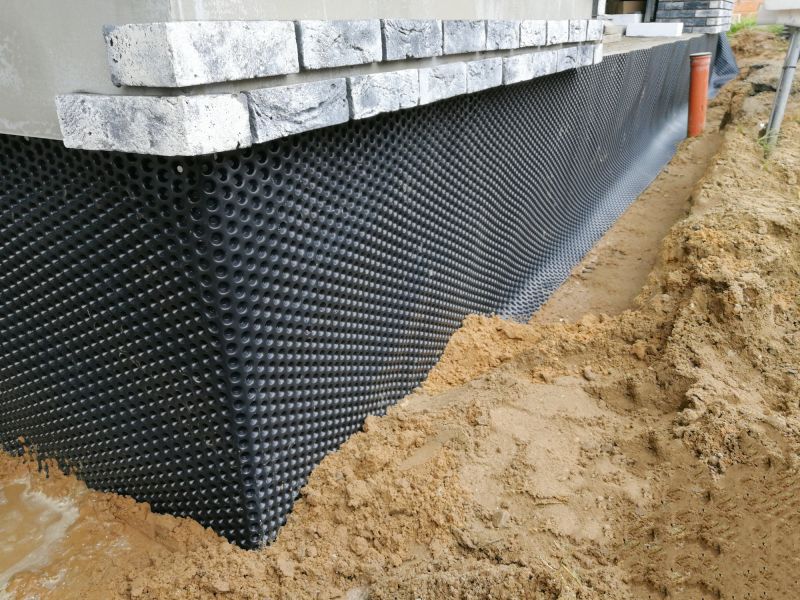
Small tweaks to make Waterproofings safer and easier to use.
| Season | Recommended Conditions |
|---|---|
| Spring | Moderate temperatures, low rainfall, ideal for curing. |
| Summer | Warm weather, but watch for excessive heat and humidity. |
| Fall | Cooler temperatures, dry conditions, suitable for application. |
| Winter | Freezing temperatures prevent proper application and curing. |
Waterproofings play an essential role in preventing water intrusion, which can cause structural damage, mold growth, and deterioration of building materials. Advances in waterproofing technologies include liquid membranes, sheet membranes, and spray-applied coatings, each suited for different applications and environments. Proper timing and application techniques are vital to ensure these systems perform effectively over time.
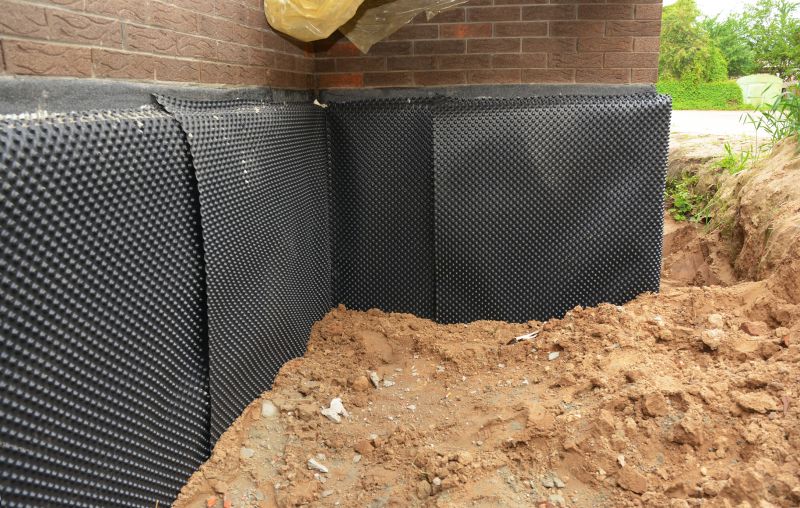
Lower-waste or water-saving choices for Waterproofings.
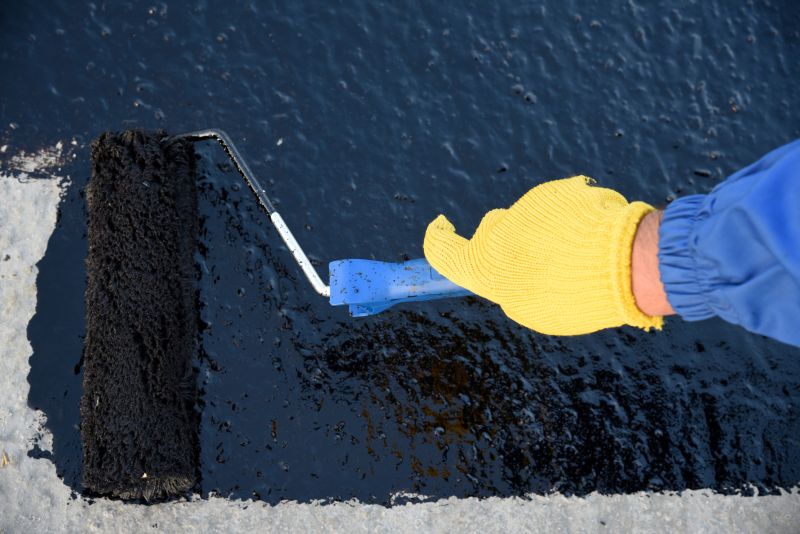
The short, realistic tool list for quality Waterproofings.
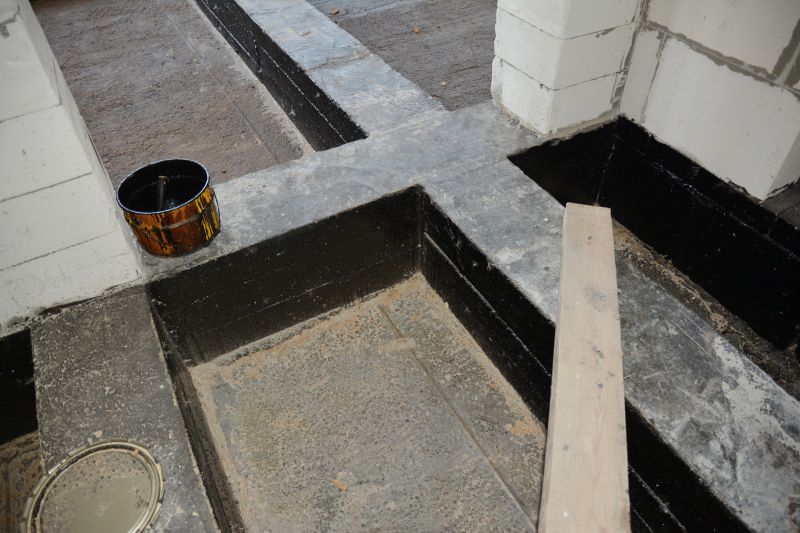
Rough timing from prep to clean-up for Waterproofings.
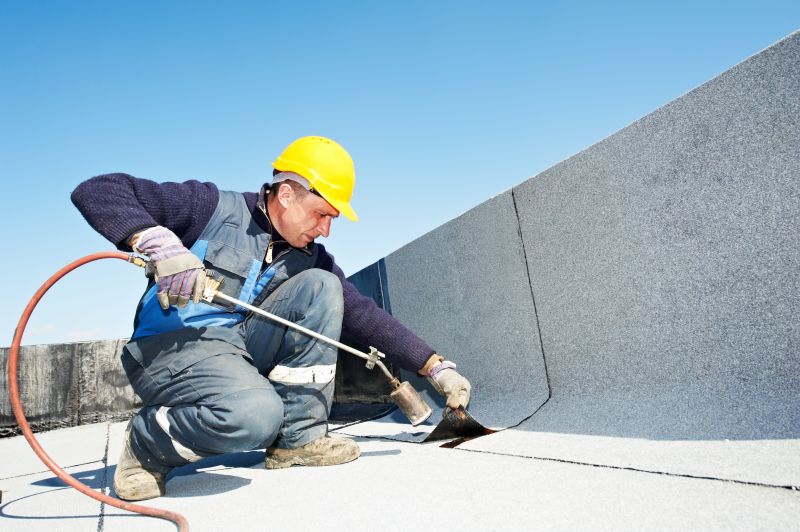
Quick checks and paperwork to keep after Waterproofings.
For optimal results, waterproofing should be scheduled during periods of stable weather with minimal rainfall and moderate temperatures. This ensures proper adhesion, curing, and long-term performance. Consulting with waterproofing professionals can help determine the best timing based on local climate conditions and project specifics.
Those interested in waterproofing services are encouraged to contact for detailed assessments and tailored solutions to protect properties effectively from water damage.

